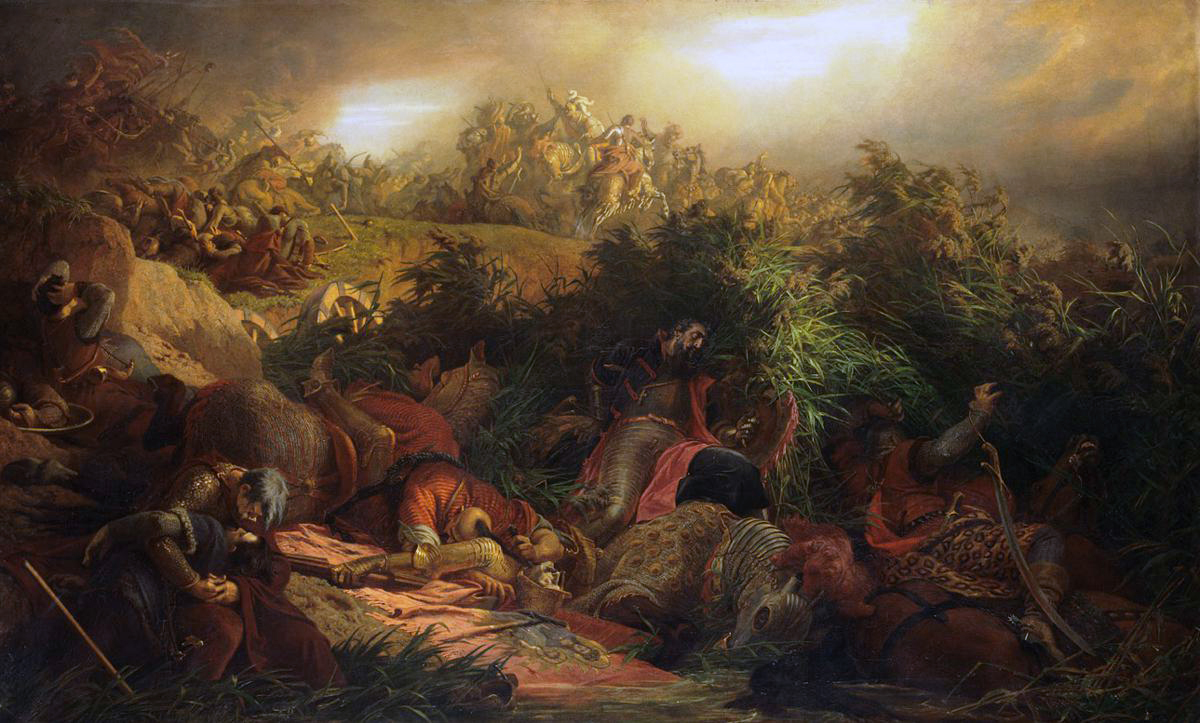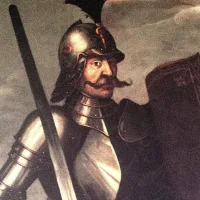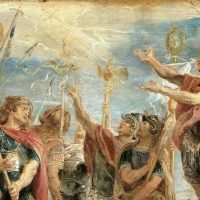Hungary, a land of heroes and legends, has always been at the crossroads of Europe. Over the centuries, this enchanting country has experienced countless invasions and wars that have shaped its history and culture. The Battle of Mohács in 1526 is one of the most consequential and most discussed events. The Battle from the Hungarian perspective, was not just about the clash of two armies on the field; it was a turning point in the fate of the nation.
Hungary in the early 16th century
By the early 16th century, Hungary had risen to become one of Europe’s most significant powers in Europe. Under the leadership of the Jagiellonian dynasty, the Hungarian kingdom experienced a period of relative stability and welfare. However, the rising Ottoman Empire led by the ambitious Sultan Suleiman the Magnificent eyed Hungary as a gateway to further expansion into Europe.
Mohács
On the banks of the Danube River lies the town of Mohács, a place that would forever go down in Hungarian history. The vast plains surrounding the town are the setting for this dramatic battle. As the Ottoman forces approached in August 1526, King Louis II marshaled his troops. Eager to defend their homeland, thousands of Hungarian soldiers, nobles and even the common folk joined their young king.
Two Titans Collide
Although the Hungarian forces were though spirited and fierce, they were clearly outnumbered by the well-organized and experienced Ottoman army. On August 29, as the Hungarian war horns blared across the plains, the battle began with full force.
Artillery fire from both sides lit up the horizon. The Hungarian heavy cavalry stormed into Ottoman lines while foot soldiers defended key points. The fierce and intense combat was evident in the dust and noise that surrounded the battlefield.
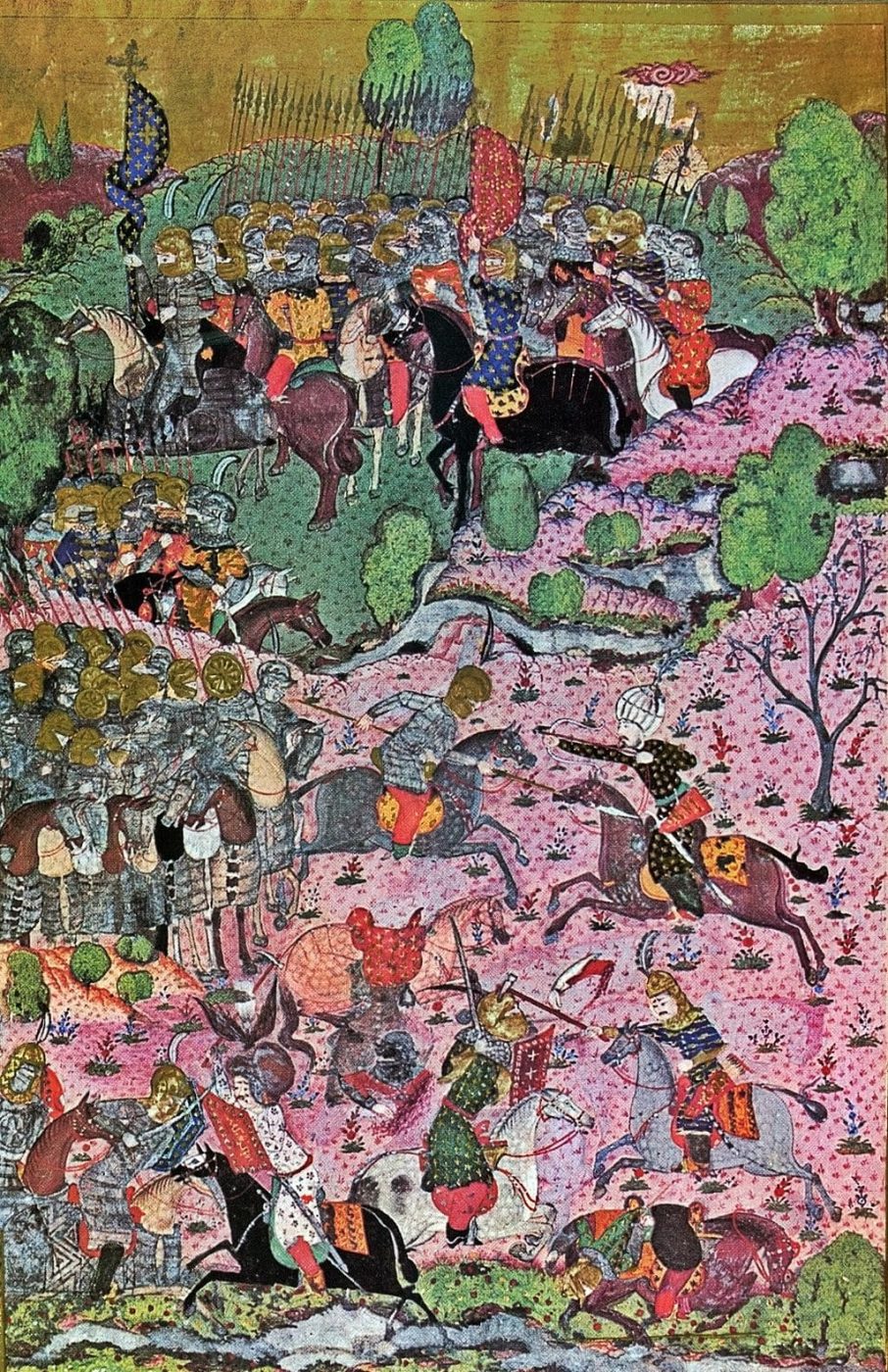
However, as hours passed, it became increasingly clear that the Hungarian forces were struggling. The strategic positioning of the Ottoman artillery and the sheer numbers of the Janissaries, the elite Ottoman infantry, were slowly but surely overrunning the Hungarian lines.
A Kingdom Forever Changed
By the end of the day, the field was littered with casualties. The result of this Battle of the Mohács was clear. The brave young King Louis II tragically lost his life during the retreat, and many of Hungary’s nobles lay beside him. This devastating defeat at Mohács meant that Hungary would fall under Ottoman rule for more than a century.
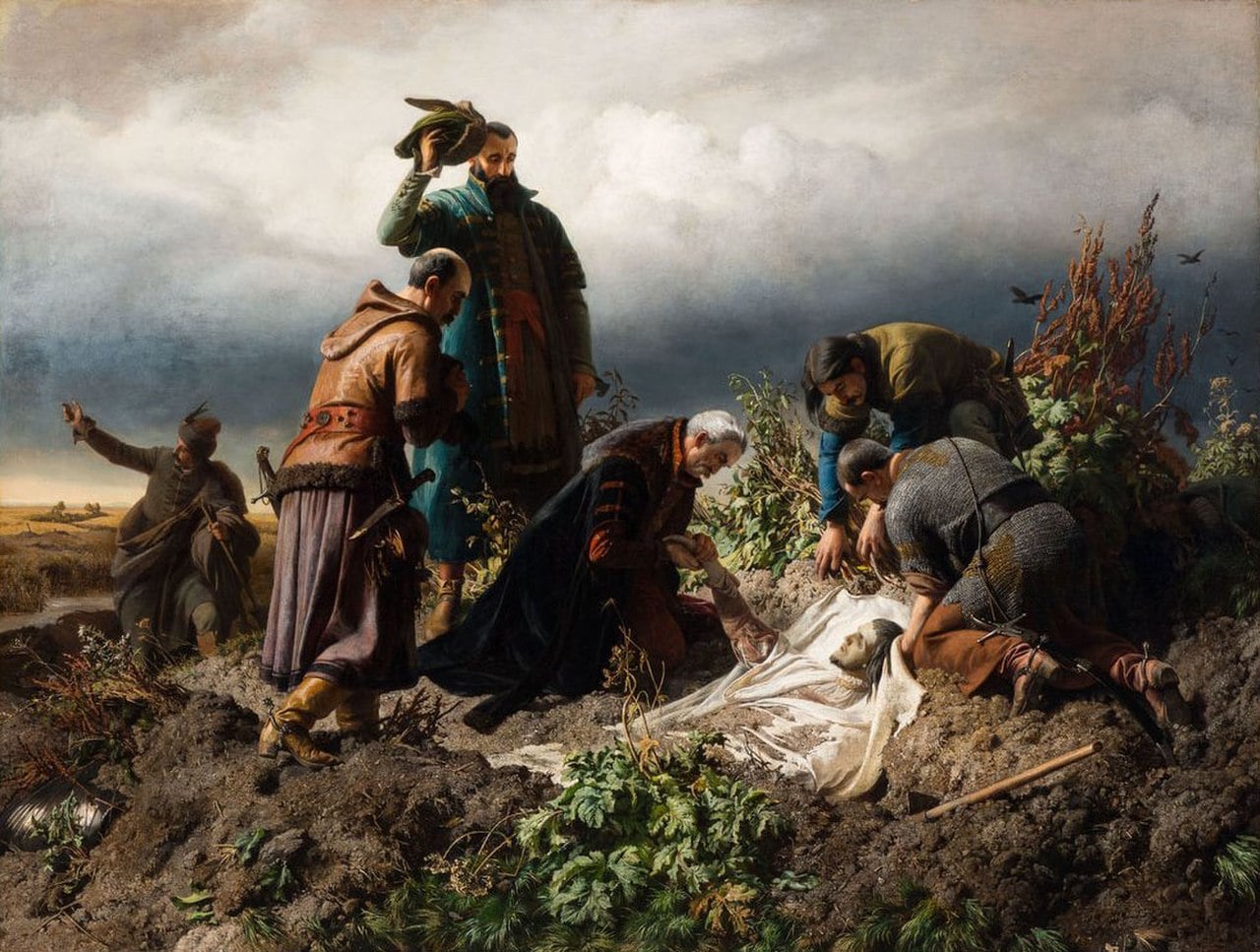
Hungary’s spirit is unshakeable
While the defeat at Mohács is undoubtedly a dark chapter in Hungarian history, it’s important to understand its wider implications.
The battle signified more than just a military defeat; it symbolized the resilience and indomitable spirit of the Hungarian people.
In the years following Mohács, Hungary was split into three parts – the central area controlled by the Ottomans, the western areas ruled by the Habsburgs and the semi-independent eastern region known as the Principality of Transylvania. Yet even under these challenges, Hungary never lost its distinct cultural and national identity.
Courageous stories from Mohács, stories of Hungarian heroes such as János Hunyadi and István Bocskai, who resisted Ottoman and Habsburg rule, became a beacon of hope. These tales, passed down from generation to generation, are a testament to the unshakeable spirit of Hungarians, even in the face of overwhelming obstacles.
Conclusion
The Battle of Mohács in 1526 was a pivotal moment for Hungary. It changed the development of the nation and led to years of foreign domination. However, from a Hungarian perspective, Mohács is not only a story of loss, but also a story of resilience, pride and the firm spirit of their nation.
related YT video:

